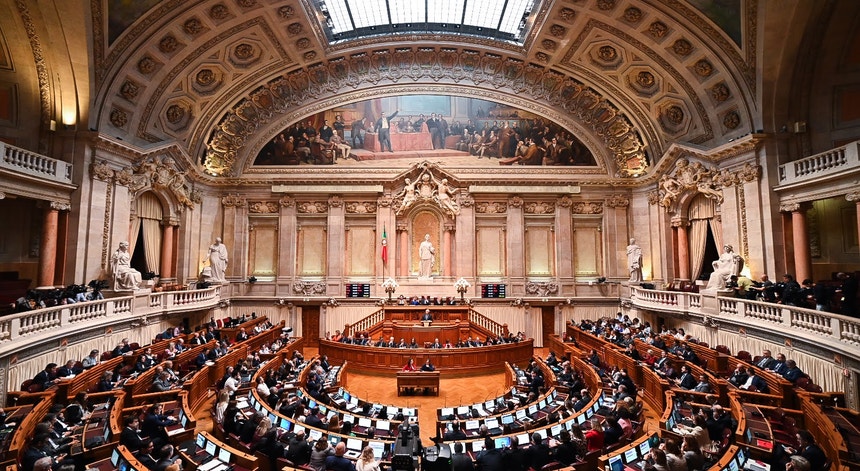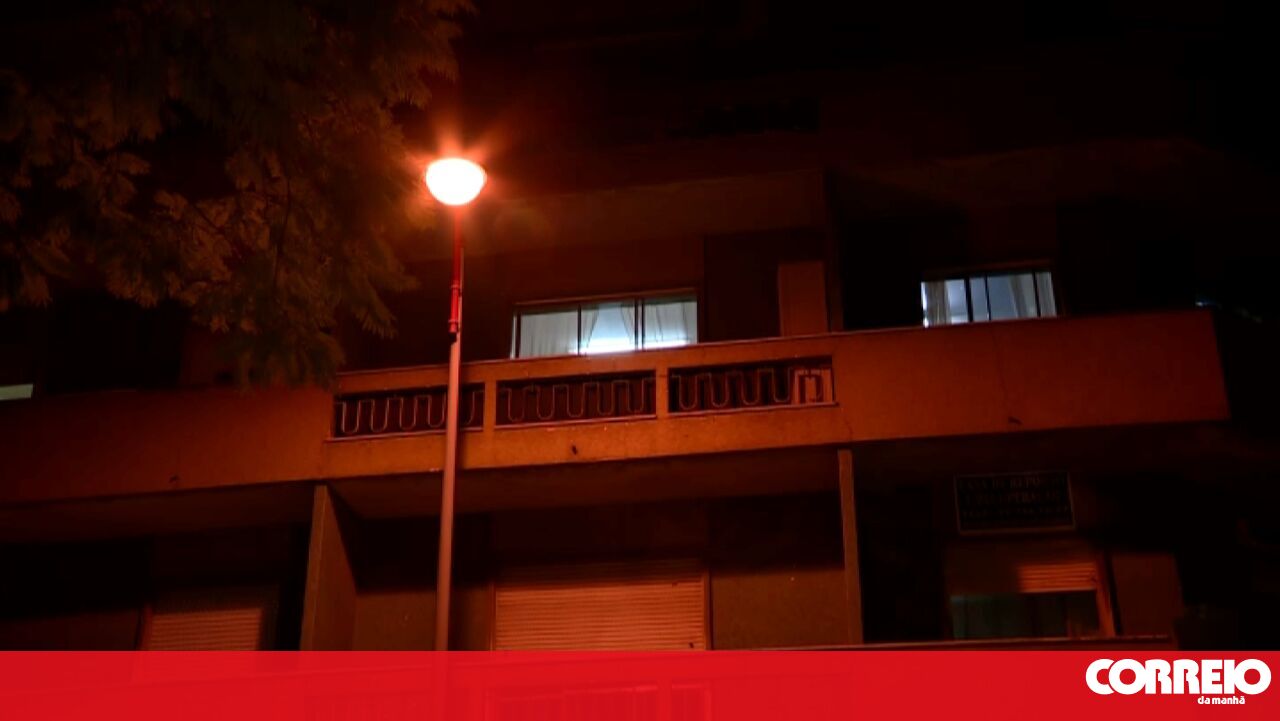Lisbon Airport in Crisis as Government Takes Emergency Action
Passengers have been facing extensive queues at Lisbon's Humberto Delgado Airport for several months, with the situation worsening significantly this month. The implementation of the new European Entry/Exit System (EES) for the Schengen area has pushed waiting times beyond 90 minutes, creating chaotic scenes that have spread from the airport terminals to social media and newspaper headlines.
Government Response to Airport Chaos
Alarmed by the negative impact on Portugal's tourism image, the government has decided to implement emergency measures. Sources reveal that a permanent flow management team has been created, bringing together representatives from various ministries and entities to coordinate responses to the ongoing crisis.
This task force includes representatives from the Ministries of Internal Administration, Presidency, and Infrastructure, along with entities such as ANA (Airports of Portugal), the Internal Security System, PSP (Public Security Police), and the National Civil Aviation Authority.
"The entities directly involved in airport border control are working together to mitigate the constraints that have been occurring, particularly at Lisbon and Faro airports," stated the Ministry of Internal Administration. "A permanent flow management team has indeed been created and measures are being adopted to reinforce capacity and resources, as well as operational and system management, across short, medium, and long-term horizons."
Operational Changes and Industry Concerns
The flow management strategy includes reorganizing the airport space dedicated to electronic passport verification kiosks to accelerate passenger processing.
Recent data showing a decline in passengers from the United States has heightened government concerns about the situation at Humberto Delgado Airport. The Portuguese Tourism Confederation (CTP) recently issued a statement condemning the "chaos" at Lisbon Airport and Faro Airport, demanding government action.
"The external image of national tourism and the Country has been severely affected in recent weeks due to the long queues and delays at Lisbon Airport, which have been repeating since May. This situation cannot continue!!!"
Industry Pressure Mounts
The Portuguese Hotel Association (AHP) sent a letter to the Prime Minister and relevant ministers expressing "its deep concern about the situation at Humberto Delgado Airport in Lisbon (and, to a lesser extent, also in Faro) since the entry into force of the new European Entry/Exit System (EES)." The association, led by Bernardo Trindade, considers Humberto Delgado to be in a "state of serious dysfunction."
Root Causes of the Crisis
The first phase of the new European border control system for the Schengen area, the Entry/Exit System (EES), came into effect on September 12th, replacing traditional passport stamps with centralized electronic records. On Tuesday, October 14th, Humberto Delgado experienced a "critical day" with waiting times exceeding 90 minutes, according to PSP's deputy national director and head of the National Unit for Foreigners and Borders, João Ribeiro.
On that day, which saw increased flow of non-EU passengers, problems were exacerbated by insufficient border police resources and failures in electronic equipment, creating massive queues not only for arrivals but also for departures, leading to missed flights.
Queue problems have been recurrent throughout the summer. Beyond insufficient border control staff, automatic kiosks experienced operational issues due to high ambient temperatures, requiring the installation of new air conditioning systems.
Personnel Challenges and Future Concerns
The transition of workers from the Foreigners and Borders Service (SEF) remains incomplete and continues to generate dissatisfaction. The government recently approved a decree-law extending the assignment of Police Judiciary inspectors to PSP functions at airport border control until April 9th.
This decision has been poorly received. The Police Judiciary Criminal Investigation Staff Union rejected the extension beyond the originally planned date and accused the government of "adding more tension to an already troubled area" and "mortgaging social peace."
The government justified the extension as necessary "to ensure security and operational stability during the implementation phase of the Entry/Exit System in the Schengen Area." Internal Administration Minister Maria Lucília Amaral visited Lisbon Airport last Friday.
A new phase of the Entry/Exit System is expected to begin in December, involving biometric data collection from some passengers, currently in testing and sampling phases, which could further increase waiting times. The AHP warns in its letter that "if human and technical resources are not quickly reinforced, the system will collapse in the face of the predictable increase in complexity and volume."























Comments
Join Our Community
Sign up to share your thoughts, engage with others, and become part of our growing community.
No comments yet
Be the first to share your thoughts and start the conversation!